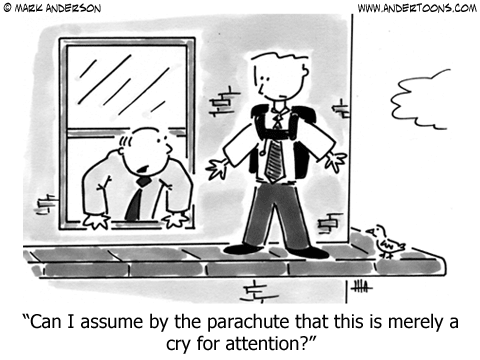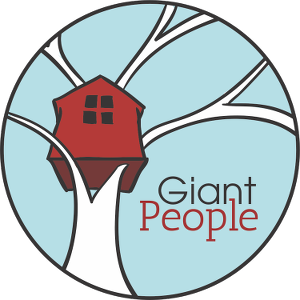World Suicide Prevention Day
In 1984, I started college at the Massachusetts Institute of Technology (MIT) in Cambridge, Massachusetts. Four year later, in 1988, I graduated from MIT. During those four years, four students committed suicide, which is four too many. This is also one of the reasons that I have never given any money to MIT, as I do not believe that MIT has made any progress with this problem. (Google MIT student suicides.)
Fast forward 30 years to the Boston suburbs. The rate of suicides – by minors – in Acton, Massachusetts, is even higher than the MIT suicide rate! (Google Acton student suicides.) I don’t know if Acton-Boxborough Regional High School (ABRHS) considers itself the “MIT of high schools,” but if it does, then that is not necessarily a good thing. The various media outlets and organizations that rank the “best” high schools should also consider suicide rates in the equation.
And on a personal note, I have family members, across multiple generations, who have struggled with mental illness, including thoughts of self-harm.
What, on earth, is going on?
Today is World Suicide Prevention Day. What can we, as community and family members, do to help those in crisis?
As a first order of business, we can START doing things that are helpful, like blogging (as at least one ABRHS alum has been doing since 2016), sharing, and assembling.
NAMI, the National Alliance on Mental Illness, can help (https://www.nami.org/). NAMI family support groups are particularly helpful for those supporting a family member:
“NAMI Family Support Group is a peer-led support group for family members, caregivers and loved ones of individuals living with mental illness. Gain insight from the challenges and successes of others facing similar circumstances.”
But doing things that are helpful is not enough. We must also STOP doing things that are hurtful. And this includes joking about suicide.
In 2017, Netflix launched a series called “13 Reasons Why” that both glorifies suicide and profits from the current suicide crisis. Can you imagine the pitch meeting for this series? “Hey, let’s create a show about suicide, one that offers no real hope or counseling, and then we can sell more Netflix subscriptions!” Suicide TV for profit, lovely. No wonder the series has been called irresponsible and triggering by professionals.
Media outlets specializing in humor cannot resist the urge to joke about mental health. Consider this headline from satire publication “The Onion” and these two cartoons (from an artist I otherwise have great respect for):
* Super 8 Offering Writers Residency For Anyone Working On Suicide Note (2018-04-17)
https://www.theonion.com/super-8-offering-writers-residency-for-anyone-working-o-1819579894


Suicide is not funny. Profiting from and joking about suicide are only making the situation worse.
If you or someone you love is struggling with thoughts of self-harm, then please contact NAMI or some other organization for help. Do it today. If we all start doing things that are helpful – and stop doing things that are hurtful – then we have a chance to beat suicide.


